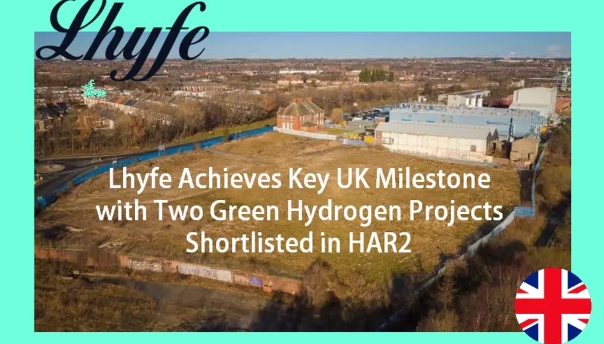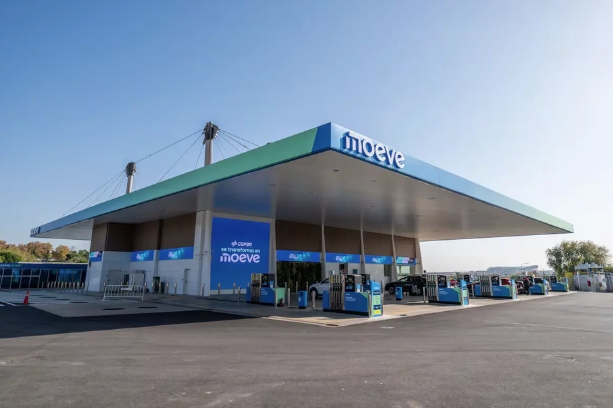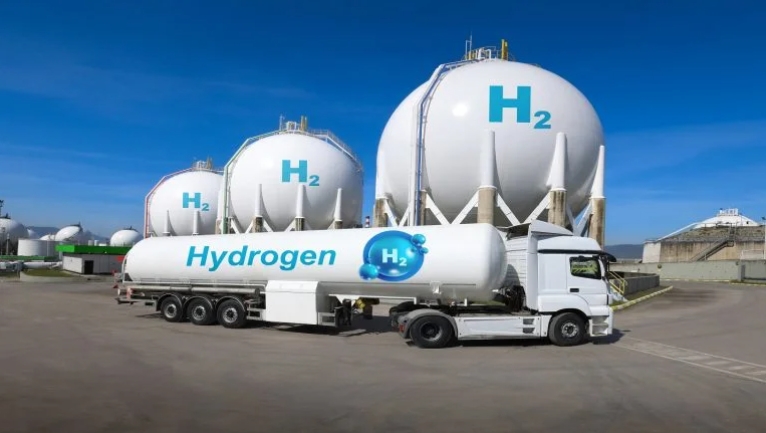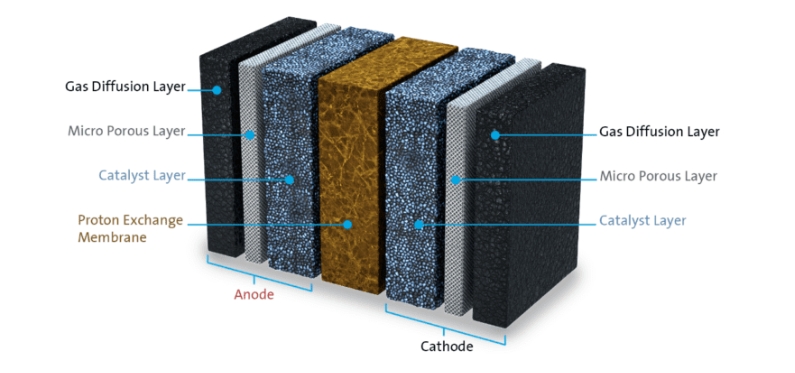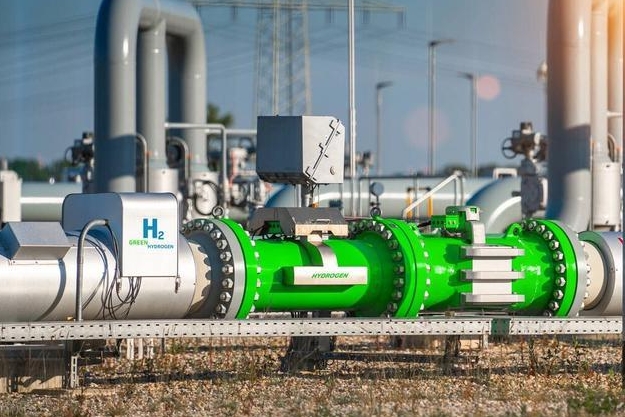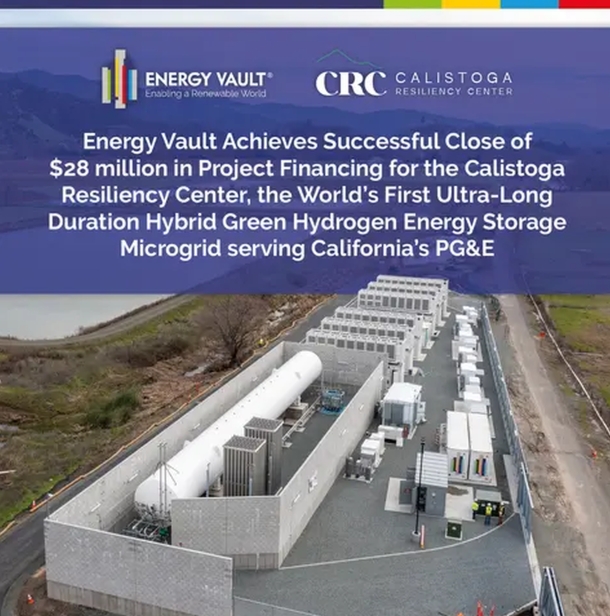Equatorial Guinea Adopts New Petroleum Regulation
07 Aug 2020 by Oil Review Africa
Equatorial Guinea’s Ministry of Mines and Hydrocarbons (MMH) has announced the adoption of the new Regulation of Petroleum Operations Regulation, Regulation No 2/2020 of 15 June 2020.
The new regulation modernises Equatorial Guinea’s existing regulatory framework and is intended to maintain the country’s attractiveness for foreign investors.
It notably covers major matters such as the extension of the productive life of mature fields though mechanisms allowing operators to generate greater value from these assets; the exploration of marginal and onshore fields along with investments in deep and ultra deep water acreages; the monetisation of gas and the development of the petrochemicals industry, along with further integration of the national workforce and local companies across the value chain.
“This new regulation allows Equatorial Guinea to continue being a world reference in the hydrocarbons sector. To maintain our position, we must be prepared, with updated norms and policies, to respond to the great challenge that the recovery of commodity prices, the creation of employment and the execution of projects after the COVID-19 pandemic will pose for the sector,” declared Gabriel Mbaga Obiang Lima, minister of mines and hydrocarbons.
The new regulation is viewed as a pillar of post-COVID-19 recovery strategy for Equatorial Guinea, and clarifies several aspects of the country’s oil operations. It also comes as Equatorial Guinea is pushing through the value-chain for additional local participation, and is developing several gas monetisation and downstream projects.
The regulation notably stipulates that refining, petrochemicals and commercialisation activities can be realised under a specific license granted by the MMH (Article 93) based on technical and financial capabilities notably.
It also strictly prohibits gas flaring, except under very specific circumstances, and stipulates that Field Development and Production Plans must always be designed in such a way as to allow the use, conservation or commercial exploitation of associated gas (Article 149).
It also clarifies new rules and frameworks on exploration and production from mature and marginal fields, defining the former as a field that has entered into decline and is no longer economically viable, and the former as a field that has produced 90 per cent of its proven hydrocarbons reserves (Article 41). Such fields will benefit from 10-year contracts, which can be renewed every five years after study and assessment by the MMH.
